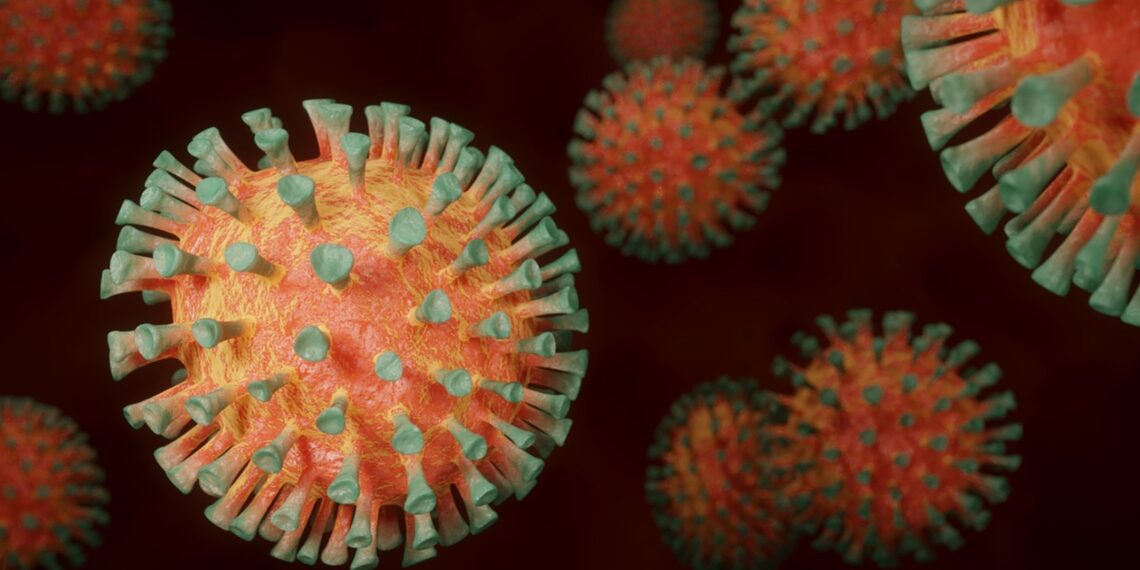Beijing: A team of Chinese virologists has identified a new bat coronavirus that may pose a risk for animal-to-human transmission, as it shares the same human receptor used by the virus responsible for COVID-19.
The research, led by Shi Zhengli, a prominent virologist from the Wuhan Institute of Virology (WIV), points to a potential public health concern.
Shi, known for her extensive research on bat viruses, has long faced controversy over the WIV’s alleged role in the origins of COVID-19, though both she and the Chinese government continue to deny any lab-related leaks.
The new virus belongs to the HKU5 coronavirus lineage, first detected in the Japanese pipistrelle bat in Hong Kong, and is a member of the merbecovirus subgenus, which also includes the virus that causes Middle East Respiratory Syndrome (MERS).
According to the researchers, this virus can bind to the human angiotensin-converting enzyme 2 (ACE2) receptor, which is the same receptor that the SARS-CoV-2 virus, which causes COVID-19, uses to infect human cells.
In a study published in the peer-reviewed journal Cell on Tuesday, the team, led by Shi, reported that the virus, isolated from bat samples, could not only infect human cells but also mimic the functions of miniature respiratory and intestinal organs in laboratory-grown tissues.
This raises concerns over the virus’s potential to infect humans via the same route as COVID-19.
ALSO READ: Vijay Mallya seeks to annul UK bankruptcy order
China recently addressed allegations that its Wuhan bio-lab engaged in controversial gain-of-function studies on coronaviruses, which some believe might have contributed to the COVID-19 pandemic.
Chinese Foreign Ministry spokesperson Guo Jiakun strongly denied these allegations, asserting that the Wuhan Institute of Virology has never conducted gain-of-function research on coronaviruses and rejected the notion that the virus was engineered or leaked from the lab.
Guo also reiterated China’s stance that the origins of the virus should not be politicized, citing a joint WHO-China mission’s conclusion that a lab leak was “extremely unlikely.”
This discovery comes amid ongoing scrutiny of the WIV and questions about the transparency of the Chinese government’s handling of virus research and the origins of the COVID-19 pandemic.















